Mark Messenger, head of strings at the Royal College of Music, reveals what conservatoire audition panels are looking for
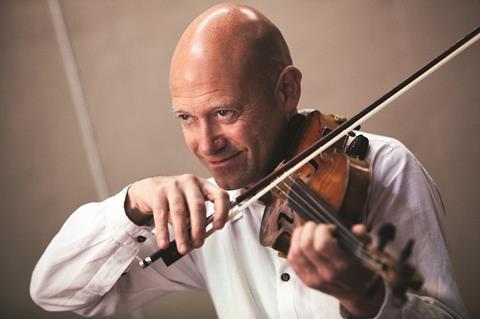
I have been auditioning the most promising international young artists of each generation for over 15 years. It is an amazing privilege to be able to listen to such a wealth of committed talent and creative musicianship, and the annual flowering of ability and potential that is on show during the entrance auditions is truly impressive. Each player has something unique and special to offer, so is this audition process the best way to hear, understand and appreciate this? I believe it is, but only if the panel and the performer realise that they are trying to achieve the same goals and are unified by the same magic of music.
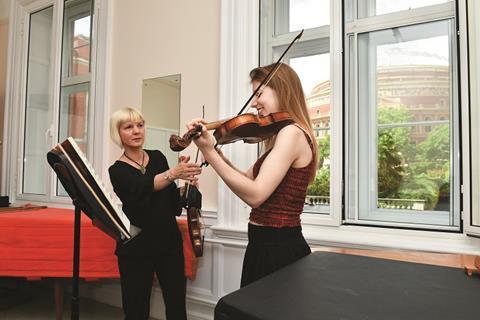
‘IT’S THE SOUND, STUPID’
I am often asked what I am looking for at an audition, and there are many answers to this question. One of the phrases to arise from Bill Clinton’s successful US presidential campaign in 1992 was, ‘It’s the economy, stupid.’ As a politician he realised one can’t make anything happen if the economy isn’t working. I tell my students they should have a sign on the practice room wall: ‘It’s the sound, stupid.’ How many hours do we spend in physical endeavour, sometimes with little or no reference to the sound that is coming out of the instrument? When I am auditioning, the aspect I search for before all else is the most fundamental and important component of being a musician: a concept of sound. Does the player understand that music is all about sound, and that manipulation of sound is everything? Sound is the only currency we have and without this we are nothing. You may be playing on a Stradivari or the worst instrument in the world, but you cannot hide an ability to feel sound, or pretend you have it when it is lacking.
Beyond that, convincing performances are built on good tone and good intonation; poor intonation is an infection that will always compromise even the most musical playing. The panel want to listen to good music making – they are not judges at an ice-skating competition, ready to subtract marks for every small flaw. From the moment you walk through the door, the duration of the audition is your time to tell the panel all about yourself through your playing, without caution or fear. I am convinced by clear musical intentions. The most compelling aspects of artistry are the readiness to be proactive and the willingness to take responsibility for what happens on stage.
Messenger photo: Kirill Bashkirov. MacDonald/Martin photo: Chris Christodoulou
This is an extract of a longer article in The Strad’s September 2018 issue. To read in full, download the magazine now on desktop computer or via the The Strad App, or buy the print edition


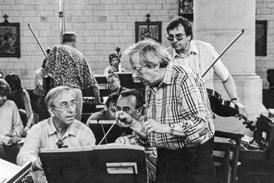
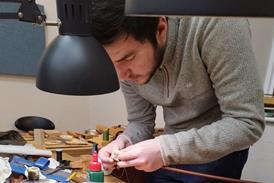

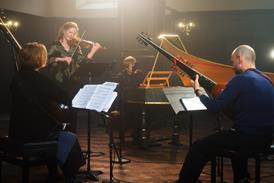
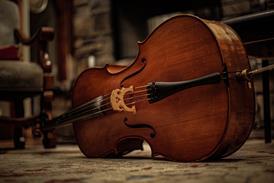
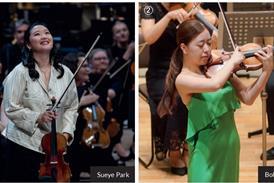



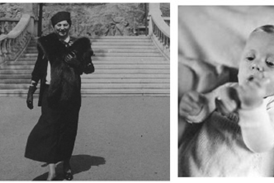
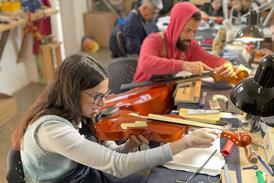
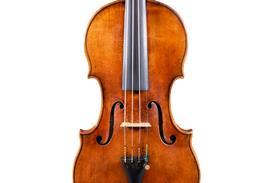
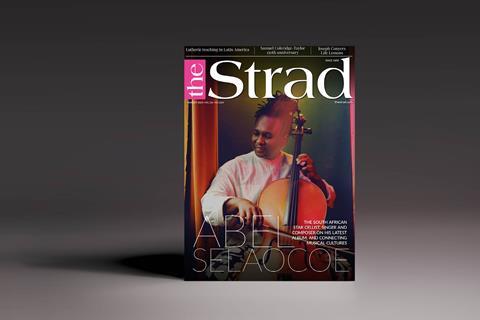




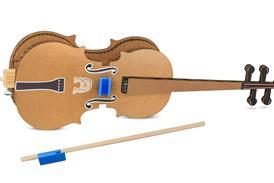
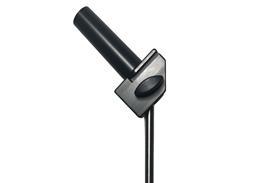













No comments yet